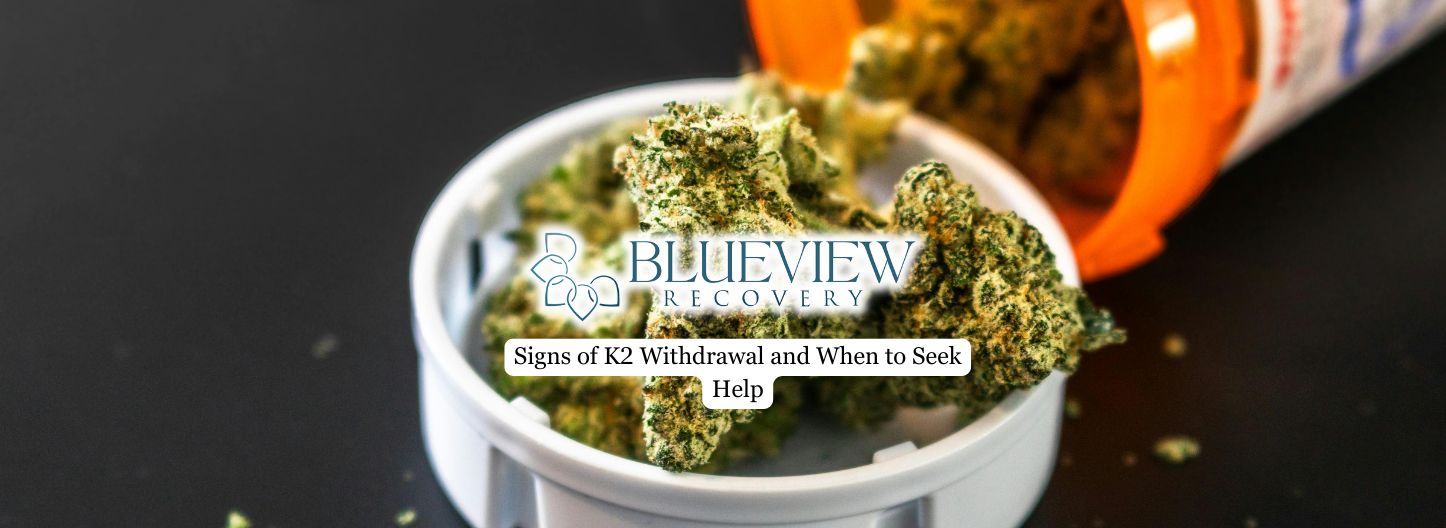Recovering from addiction is a major achievement that marks the beginning of a new and purposeful chapter. For many people, the next milestone after completing treatment is finding stable and meaningful employment. Work provides more than financial stability; it restores structure, self-worth, and a sense of belonging, all of which are vital for long-term recovery.
This article offers practical, step-by-step guidance to help people transition back into the workforce with confidence and clarity.

Rebuilding Confidence and Readiness for Work
After completing an addiction treatment program, many face uncertainty about their readiness to return to work. Feelings of self-doubt or anxiety are common, especially when thinking about employment gaps or how to discuss time spent in recovery. However, the healing process often strengthens qualities that employers value, such as discipline, resilience, empathy, and self-awareness.
Start by acknowledging the progress made during recovery. This mindset shift helps job seekers approach employment opportunities from a place of strength rather than fear. Working with a career counselor or vocational rehabilitation specialist can provide direction and accountability. Participating in volunteer projects or internships is another great way to build confidence, demonstrate reliability, and gain current professional experience before pursuing full-time employment.
Exploring Career Options That Support Recovery
Finding the right role after treatment means looking beyond salary and focusing on stability and support. A healthy work environment plays a critical role in sustaining recovery. It’s important to choose positions that provide structure and routine without overwhelming stress or exposure to triggering situations. Positions with consistent schedules, understanding supervisors, and supportive teams can make a significant difference.
Recovery opens doors to new career directions. Many people feel called to use their experiences to help others, pursuing roles in counseling, social services, or peer mentorship. Others may return to previous careers with renewed perspective and healthier boundaries. What matters most is ensuring that the position aligns with recovery goals, promotes emotional balance, and encourages continued growth. Discussing options with a therapist or case manager can help match personal strengths and preferences to the right work environment.
Preparing a Strong Resume and Application
Creating a resume after treatment is an opportunity to highlight strengths rather than shortcomings. Instead of focusing on employment gaps, emphasize skills, certifications, and life experiences gained during recovery. Many treatment programs include training in communication, teamwork, or leadership that can be added as transferable skills.
When explaining career breaks, keep it simple and professional. A statement like, “Took time to focus on personal development and wellness” maintains honesty while projecting maturity. Emphasizing growth and accountability helps employers see the applicant as dependable and self-aware. Consider tailoring each resume to the role being applied for, using specific keywords that reflect the position’s requirements. These adjustments show effort and attention to detail, qualities that stand out in competitive hiring processes.

Navigating the Search and Interview Process
Searching for employment can feel daunting, but preparation and persistence are key. Begin by exploring organizations that practice inclusive or second-chance hiring. Many companies today are committed to giving opportunities to people rebuilding their lives after treatment or incarceration. Local employment centers and community nonprofits often partner with such employers and can provide valuable referrals.
In interviews, honesty should be balanced with professionalism. It is not necessary to disclose personal details about treatment unless it directly impacts the role. Instead, focus on reliability, teamwork, and motivation. Highlight how past experiences have built stronger problem-solving skills and emotional intelligence. Practicing common interview questions with a mentor, counselor, or friend can improve communication and confidence. Remember, every interview is a chance to learn and refine your approach.
Building a Supportive Network for Career Success
Sustaining employment after recovery requires more than technical skills. It depends on continued support and accountability. Surrounding yourself with positive influence networks makes a lasting difference. Stay connected with counselors, peers from recovery groups, and supportive family members. These connections provide encouragement, advice, and understanding when challenges arise.
Balancing work and recovery also requires setting healthy boundaries. Attending regular therapy sessions or support meetings, maintaining a structured routine, and prioritizing rest and self-care awareness can help prevent burnout. If workplace stress becomes overwhelming, seeking guidance early, rather than ignoring the issue, can prevent relapse and ensure stability.
Final Thoughts from Blueview Recovery
Securing employment after completing a treatment program is more than a professional milestone. It’s a testament to resilience and renewal. Returning to work represents growth, independence, and a commitment to long-term well-being. With preparation, support, and a clear sense of purpose, people in recovery can confidently rebuild their careers and thrive in their new chapter of life.
At Blueview Recovery, we understand that true healing involves more than overcoming addiction; it’s about developing the skills and confidence to build a new life. Our outpatient therapy program in Philadelphia, PA, provides structured guidance that helps clients apply the lessons learned in treatment to real-world challenges, including employment readiness.





